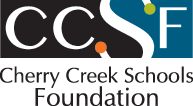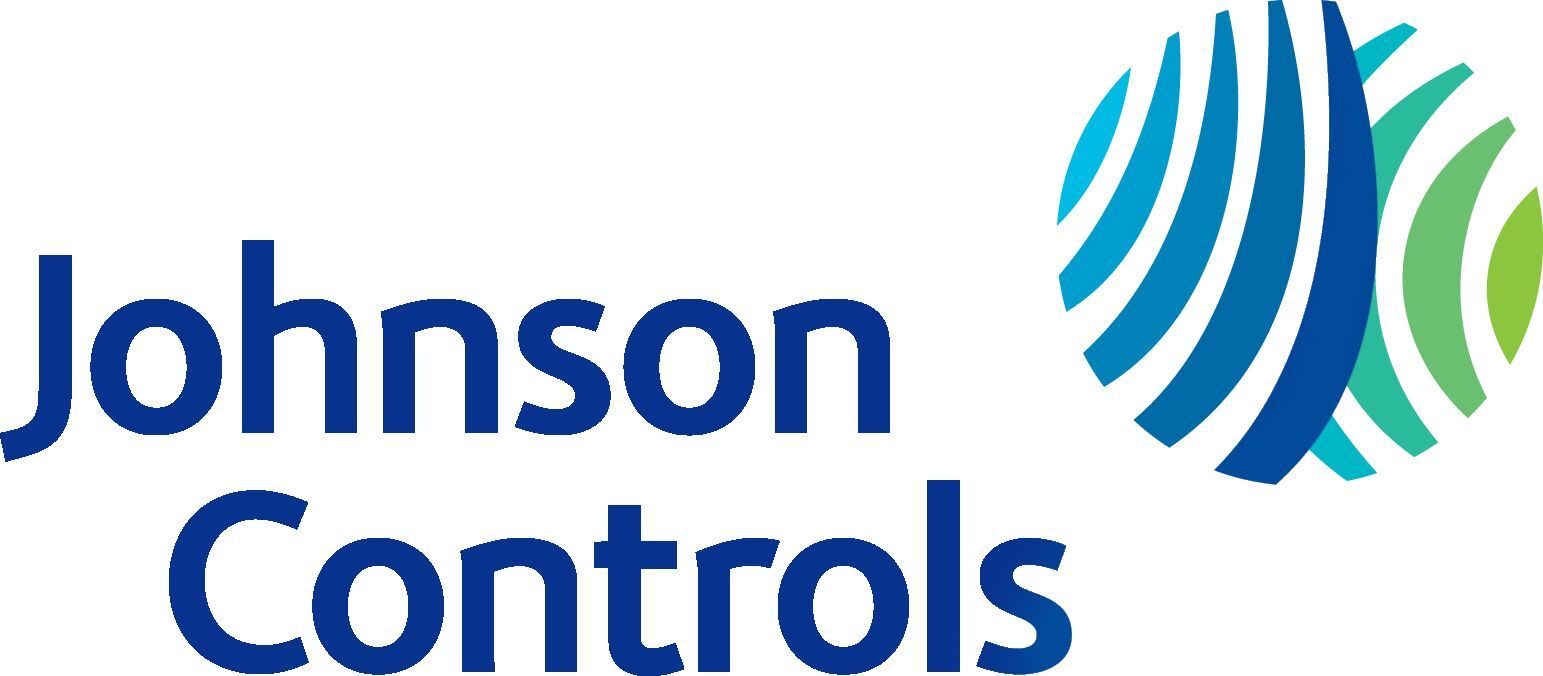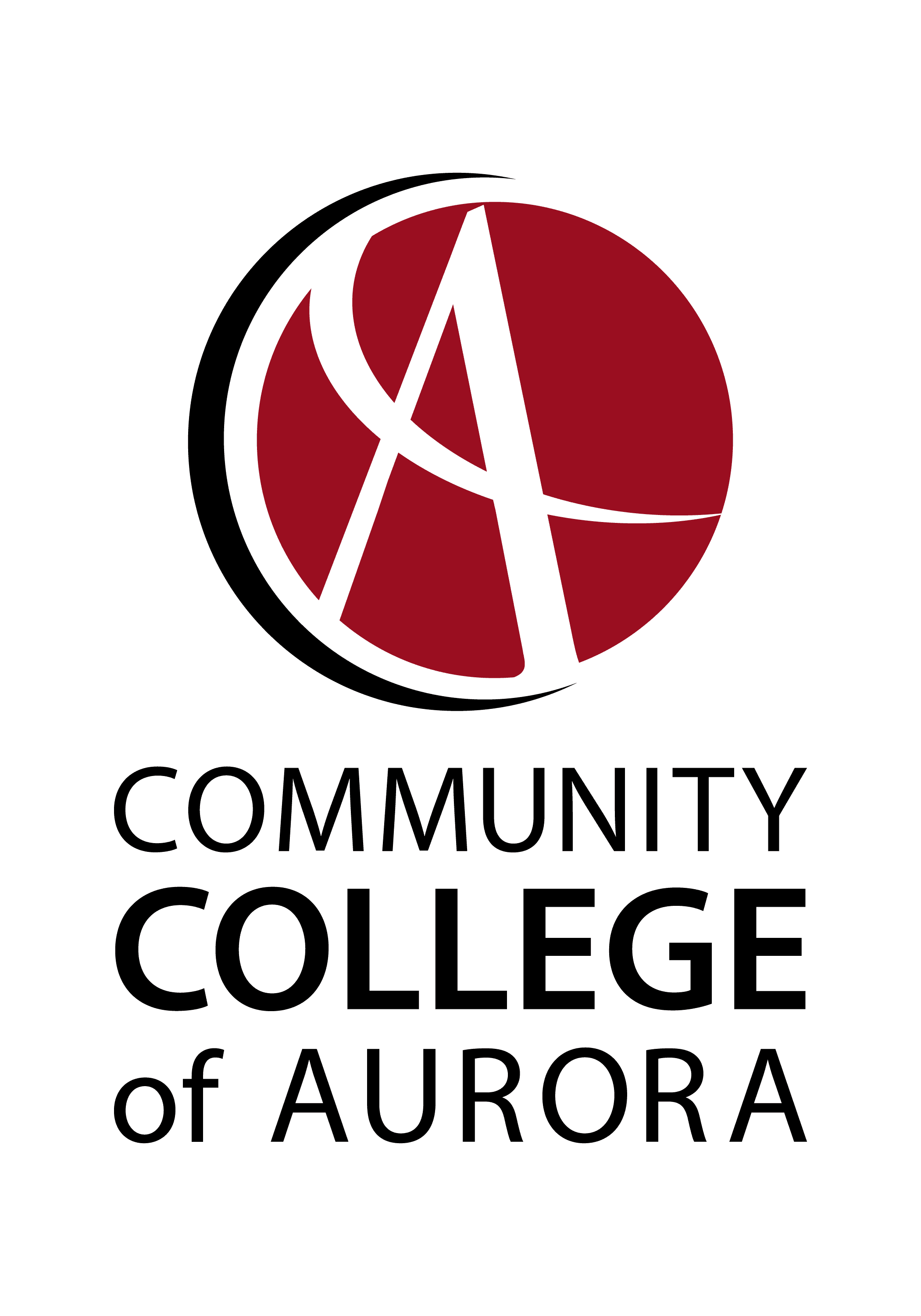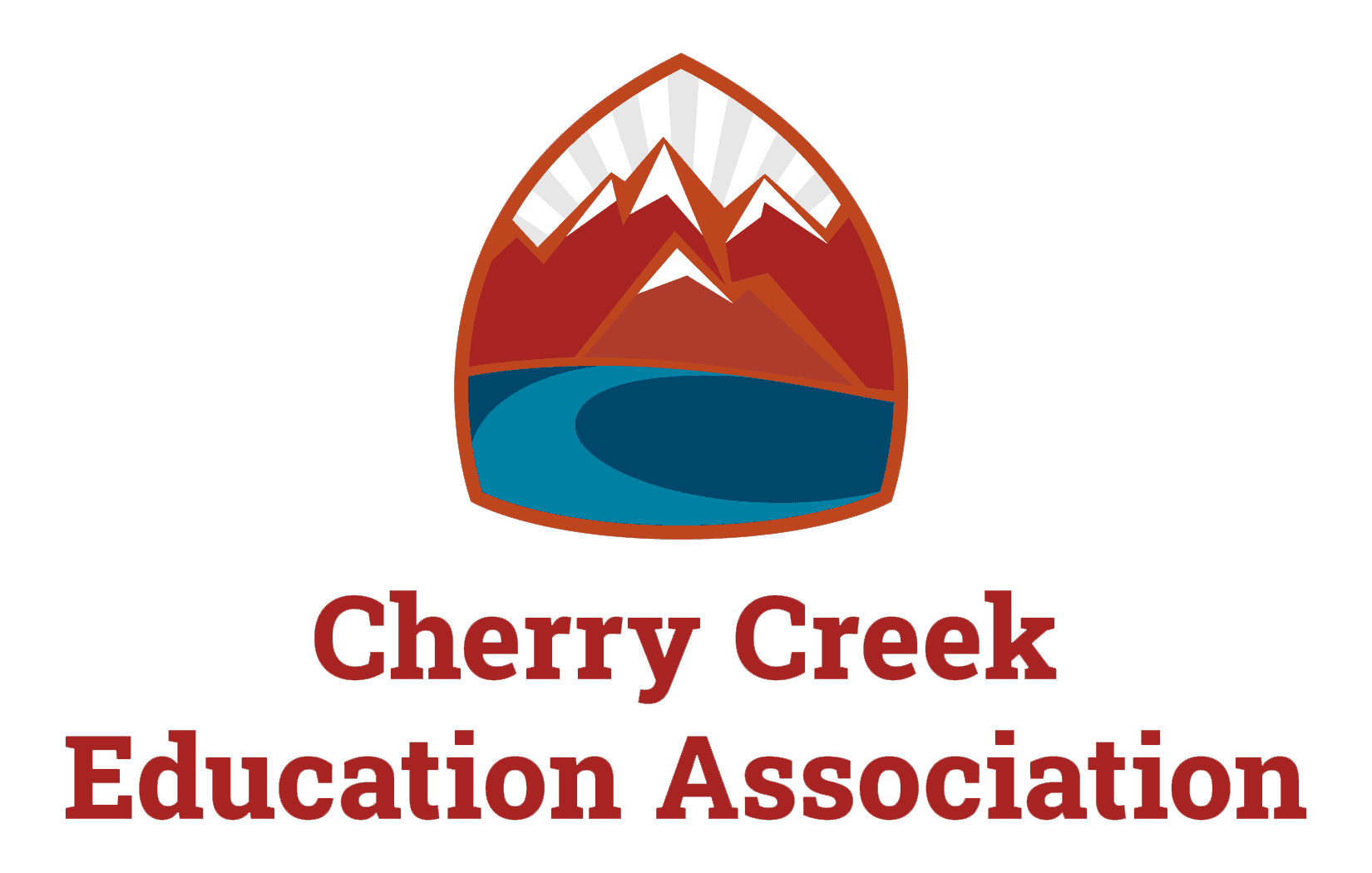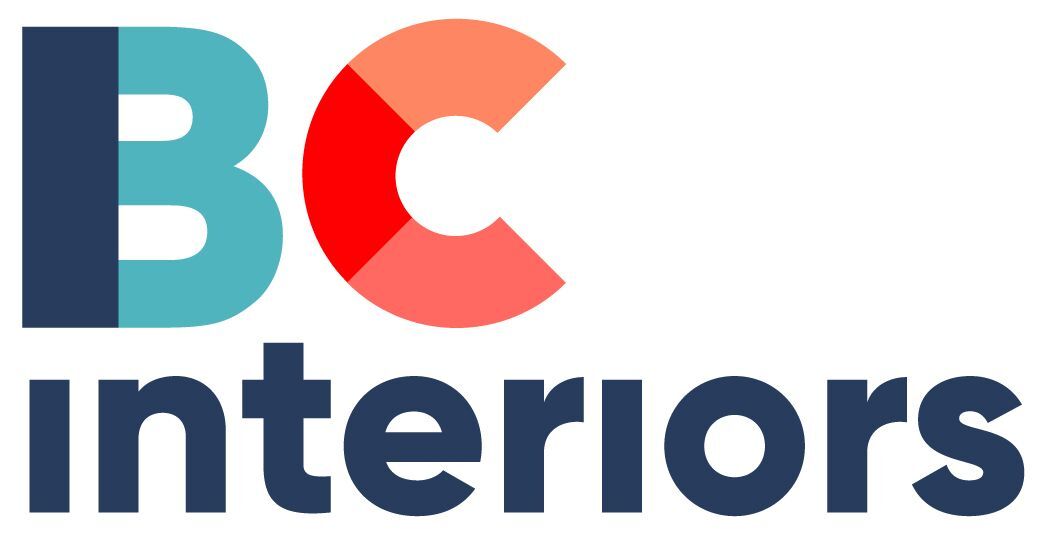Engineering Is Elementary program boosts science-based learning across the district
The students in Lisa Lamb's class at Creekside Elementary School didn't have to look very far to see just how their complex and involved coursework related to the real world.
On March 1, the students gathered in small groups and experimented with different water filtration systems, approaches that ranged from paper towels to coffee filters. The hands-on work was part of an Engineering Is Elementary curriculum unit called "Water Water Everywhere," a project rooted in environmental science and questions of sustainability. The theme of the unit revolved around water filtration challenges as they related to the Ganges River in India, but it was easy to see how questions of pollution and purity could be applied to the students' very own backyards.
"They're really engaged, but it relates to a real-world problem," said Lamb, a Science, Technology, Engineering and Math (STEM) specialist at the school. "We're also going to an extension piece with it tied to river water in Colorado," she added, pointing specifically to pollution issues surrounding plastic microbeads that make their way from household items into the state's water supply.
"We're going to extend it and try to see if we can come up with some filtering techniques to get those little beads out of Colorado water," Lamb said.
Making direct connections to real-world issues is at the heart of the Engineering Is Elementary curriculum. The system, developed by the Museum of Science in Boston, stresses a tactile and applicable approach to teaching STEM. Thanks to funding from the Cherry Creek Schools Foundation, the EIE curriculum is currently being piloted at 12 schools across the district. The "Water, Water, Everywhere" lesson plan has come along with other pushes toward applicable science at dozens of schools across the district, initiatives that include weather balloon launches and other engaging experiments.
The CCSF's continuing support for the EIE program aligns with its core mission, to fund opportunities for all students in the district in innovative ways and helping build partnerships within the community.
According to Dr. Richard Charles, STEM director for the district, the curriculum supports an important shift in the approach to teaching students critical thinking skills at an early age.
"There's now a focus on what students do with what they know, versus just what they know," Charles said. "There's a value that employers put on potential employees who can gather all of the information that we now have at our fingertips through the internet and mobile devices and be able to create some incredible things. What we are trying to do is to really teach kids how to think and provide them with real-world problems."
The impact of the program has been noteworthy. Since launching the program two years ago, STEM officials from the district have seen a profound effect in classrooms across the Cherry Creek School District's 108 square miles.
"It's had an effect on students and teachers. For teachers, it's brought them together," said Jon Pierce, STEM coordinator for the elementary level. "This curriculum allowed STEM teachers, art teachers and language teachers to come together for a longitudinal project with a group of students across the school. For students, it's given them that engineering and design foundation that EIE puts together. It allows them to take that and apply it to any problem."
Mackenzie Chambers, a third-grader working on the "Water, Water Everywhere" unit at Creekside, was a testament to that positive impact. After joining her classmates to experiment with a whole host of different water filters, Chambers marveled at just how fun the work turned out to be. She successfully discovered the best way to remove tea leaves from water and create a purified product.
"I got to learn how water gets clean from all the systems and from all the materials were able to use," Chambers said. "The sponge because it picked up a lot of the tea leaves and only a couple fell into the water. I think that one worked the best."

